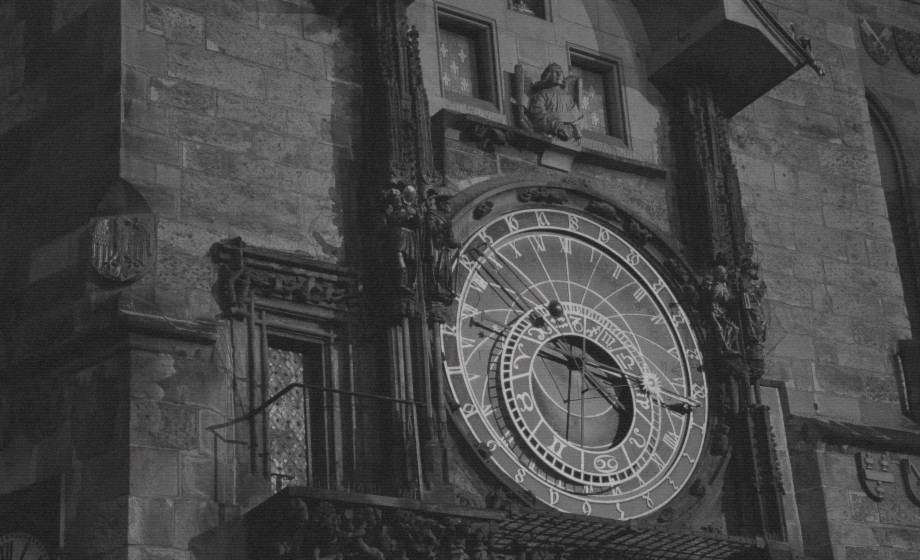In time, historical events place effect upon the systems in which that event occurs. Based on the scope, size and polarity of each event, a cause is purported an effect flows forward from. Consequently this alters the course of system dynamics and structure of the society in which we reside whether that event is categorized as internally or externally. Volume 4; Avoiding Absolution defines the Hourglass approach of this study where a storm can alter the landscape of the system in place for the benefit or demise of the system itself.
An internal event is one that occurs within a system based on the perceiver’s position. An external event is one that occurs ‘with out’ a system based on the perceiver’s position. One can enter or morph into the other based on proximity to the cause. In an age of instant information, this now occurs more than ever.
Hourglass Socioeconomics Volume 4 explains this definition as if an event is recognized similar to a virus entering the body of a cell or a malignancy that can form from within. In this manner, a virus is one of the most prevalent events that has altered the way in which systems are shaped through the rearrangement and understanding of governing authority. Covid-19 placed stress within each system individually and changed the way in which governing bodies react to emergency scenarios. Democracies, autocracies, republics or any other societal system are not immune. Other current or historical events can be evaluated similarly.
In response to pandemic, governing bodies implemented strategies that prevent sickness. The course of history is altered.
In response to police brutality, governing bodies implemented strategies of greater police oversight. The course of history is altered.
In response to the Russian invasion of Ukraine, governing bodies implemented economic strategies to prevent global economic collapse. The course of history is altered.
In response to 9/11, governing bodies implemented strategies that prevent further acts of terror. The course of history is altered.
In response to the Great Depression, governing bodies implemented strategies to prevent economic fallout and complete monetary collapse. The course of history is altered.
In response to World War II and the Third Reich, governing bodies implemented strategies to bind individual countries in close proximity toward a common goal of survival. The course of history is altered.
In response to the Rule of the King of England, governing bodies implemented strategies to revolt and the right to bear arms to protect themselves from enemies both foreign and domestic. A republic was formed. The course of history is altered.
In response to the abolition of slavery, governing bodies implement strategies that search for a system of equality. The course of history is altered.
The question that remains within, thinking back in time into the present, is then “At what cost?” To quell one fractious event in time, what fractious scenario brews for future response to be mandated? Or, if response was not added, what scenario remains that further skews the system itself without a cure? These are the question one may and should ask when looking back into historical events that altered the course of human history. The final question is then, “What cure can be injected to solve all social or economic events that could possibly negatively change the course of history?”
Answer. A system that knows, not a governing body that doesn’t.

